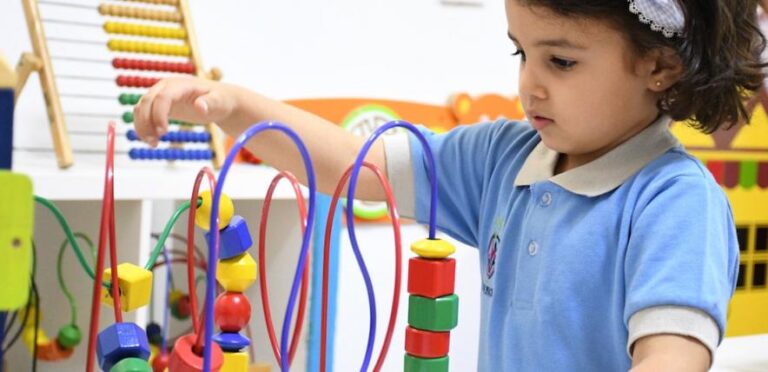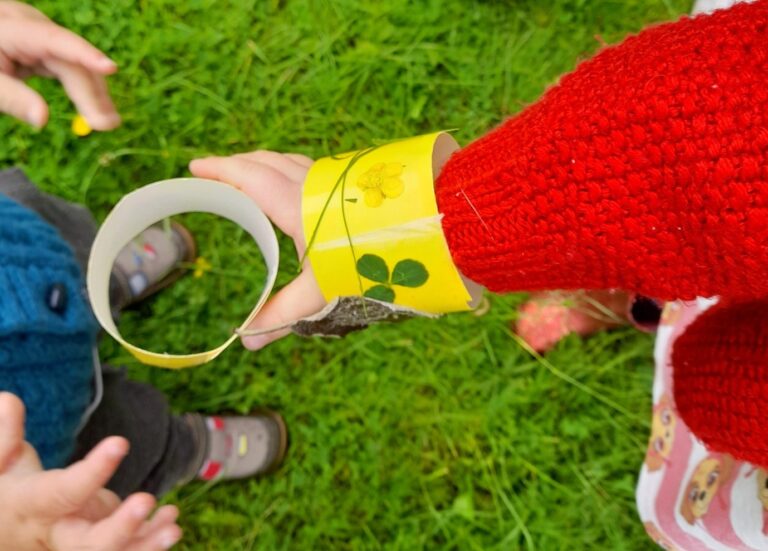Have you ever heard yourself saying how terrible you are at drawing, or how you can’t catch? Maybe you’ve mentioned that you can’t cook or sing. Perhaps you feel some people are ‘born artistic’ or ‘naturally sporty.’ This all shows you have what psychologists refer to as a ‘fixed mindset,’ and evidence is mounting that this is not a view we should be passing on to our children.
The concepts of ‘fixed’ and ‘growth’ mindsets were introduced by Dr Carol Dweck, a professor at Stanford University in the USA.
A fixed mindset is characterised by a tendency to believe that we are all born with abilities and shortcomings and these are fixed traits. If this sounds like you, it is time to readjust your thinking in order to promote a ‘growth mindset’ in your child, as this approach has been proven to have a positive effect in all areas of life.
A child with a growth mindset sees challenges as opportunities for success, is not afraid to fail therefore more open to trying new activities, and believes that almost anything is possible with effort and perseverance. Beginning to lay the foundations of that growth mindset while your child is at preschool could pay dividends throughout their life.
Six tips for developing a growth mindset in your child
1. Use praise carefully
Try to avoid praising your child for their intelligence or ‘natural’ ability. So instead of ‘you’re so clever at building Lego towers,’ try ‘Wow you’ve worked so hard to build that Lego tower. Even when it fell over you came up with a way to make it stronger and now look how tall it is.’ Studies have shown that praising for effort and process has a more positive and long term impact.
2. Remind of past successes
‘Remember how you struggled to balance when we took the stabilisers off your bike? Well all your practise has paid off – it’s only a week since we took them off and you’ve learnt to ride without them!’
‘When you started preschool you only knew how to write the first letter of your name, but look at how much you’ve learnt! You’ve worked hard to learn how to write all the letters and now you can write your name really nicely.’
These reminders reassure children that their hard work and frustration do lead to success and also shows progress.
3. Let’s grow our brains
The brain is like your muscles which need to be worked hard to get stronger. Practise, determination and looking for new ways of solving tricky problems are perfect for ‘growing our brains.’ Encourage your child not to give up on something they find difficult: ‘Keep trying and it will help your brain to grow and that will help you get there!’
4. Learn from our mistakes
Help your child to see mistakes as learning steps or opportunities to improve. Encourage curiosity about mistakes or setbacks – ‘why didn’t it work this time? What can you do next time to avoid that setback?’ Try to use language that normalises challenges and setbacks.
5. Set the bar high
It is a common misconception that lowering the your expectations helps children to succeed and thus boosts self esteem, but actually the reverse is true. Setting children tricky challenges shows that you think they can do it, and your faith in their ability boosts their own self belief.
6. Don’t give up!
The goal of the growth mindset is to instill in your child an evidence based belief that challenges are fun and that mistakes are all part of learning. If we never made any mistakes then we wouldn’t be stretching ourselves and growing our brains. Whenever your child says ‘I can’t do it,’ your reply could be ‘Have you had a good try? Shall we try to do it together? Or ‘You can’t quite manage it yet but will be able to if you practice a bit more.’ The child with a growth mindset has an outlook that with effort, practise and determination they will succeed.
Is it worth it?
Promoting a growth mindset teaches your child important life skills. It is how we respond to life’s setbacks which determines long term outcomes, and a growth mindset helps to ensure that your child will grow up with emotional resilience and a belief that they can control their own destiny using perseverance and effort. With a growth mindset, your child will learn how to bounce back from mistakes and failures, which in turn empowers them to take risks.
Lastly, it’s never too late to change our own adult mindset. Why not begin to embrace the growth mindset yourself? It may help you overcome some future challenges of your own!









